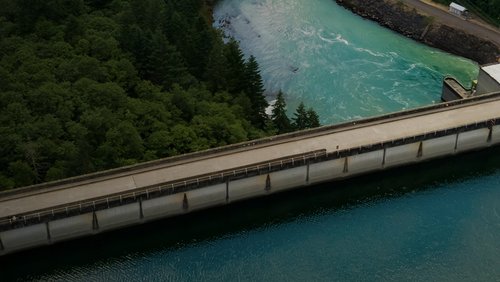8 Oct 2019
Engineers undertaking work overseas may be exposing themselves to insurance and liability risks, without knowing it.
Engineering New Zealand was recently approached by a member who works in countries around the world. Until this year, he believed his professional indemnity insurance policy applied worldwide, and his insurer had not told him any differently. However, he has recently learned that may not be the case.
Some countries have laws requiring that engineers have local insurance cover, above and beyond their “home” policy. Some countries also require that this insurance is brokered by a local agent.
This means it’s not always simple for a New Zealand-based broker to obtain policies for their clients in each country.
Chantelle Charlton, Senior Insurance Broker at Abbott Insurance, said it is an issue that many engineers are not aware of. And the wording of some insurance policies can cause confusion. Although a policy written and brokered in New Zealand may say that it applies globally, local laws in other countries could trump that policy.
“If an engineer has territorial and jurisdiction limits set as worldwide, this does not bypass the step of requiring ‘local paper’ in some instances,” Chantelle says.
It is important engineers seek legal advice relating to each country where they intend to work, she says.
Every country is different, and I recommend clients seek legal advice to make sure they are abiding by the law of the country where the work is to be conducted.
Craig Lewis FEngNZ IntPE(NZ), Chairman of the Consulting Engineers Advancement Society Incorporated, says international insurance obligations can be complicated for engineers planning to work overseas. Some countries, such as Japan and the United States, have tax and stamp duty obligations relating to insurance policy premiums. Engineers who are not appropriately covered could find themselves liable to overseas governments’ tax departments, in the event of a claim.
Getting adequate cover to work overseas can add significant costs to an engineer’s insurance premium. Depending on the timeframe and scale of an engineer’s overseas work, project-specific cover could be more appropriate and cost-effective than obtaining cover to work in that country long term.
Craig recommends engineers who plan to work overseas speak to an insurance broker who has specialist experience and knowledge of international professional indemnity insurance. Some smaller insurers who primarily deal with New Zealand-based clients may not have the necessary experience to advise on international requirements.
It is also important for engineers to ensure they are covered for each overseas project they plan to undertake. Professional indemnity insurance isn’t “just another insurance policy” you can sign up to and forget about, Craig says.
It is important to have an insurer who knows the engineering industry and can advise of any additional requirements that apply to overseas work.
He says it isn’t always complicated. For instance, some Pacific Islands have reciprocal agreements with New Zealand, meaning you shouldn’t need separate cover to do work there. And many other countries do not require local cover. However, you should still always disclose to your insurer any work outside of New Zealand – this is a standard requirement of annual policy renewals.
It’s also critical that engineers carefully check the contractual terms they sign up to when working overseas, to ensure they do not agree to take on liability that exceeds their insurance cover. Engineers who are used to working with standard form contracts in New Zealand may find overseas contracts have significantly different and more onerous terms of engagement, and may need legal advice.
Before you go
- Contact your insurer and confirm in writing you’re covered for your overseas work.
- Check your engagement contract to ensure you’re not signing up to greater liability than you’re covered for.
- Any doubts? Seek legal advice from a construction or insurance lawyer.




